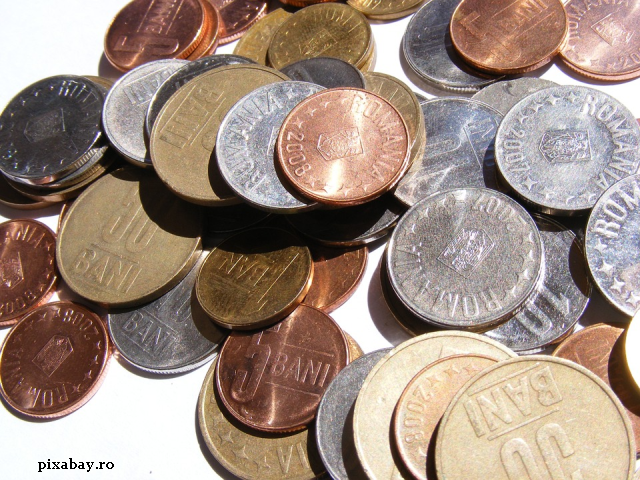BNR – Anti-inflationary measures
The National Bank of Romania announces new economic measures, given that the inflation rate will increase next year above the previously forecast values.

Daniela Budu, 10.11.2021, 14:00
On Tuesday, the National Bank of Romania decided to increase both the monetary policy interest rate and the interest rate at which banks can still borrow from the Central Bank, in an attempt to control the skyrocketing inflation. Monetary policy interest rates rose from 1.5% to 1.75% per year, just one month after a similar measure. Analysts expected it to increase, especially as other central banks in the region have recently made such decisions. The central bank communiqué shows that the inflation rate continued to rise and remain well above 3.5%, i.e. the upper limit of the banks target interval, due to the considerable increase in natural gas and electricity prices in July. Another cause was the continued increase in fuel prices and the significant growth of vegetable prices in September.
The annual inflation rate is expected to continue its upward trend until the middle of next year, mainly as a result of increases in energy prices in the last three months, also estimated for the first quarter of 2022, in the context of strong international growth. Economic analyst Adrian Codîrlaşu explained for Radio Romania that the increase in prices is also a global consequence of the fact that many countries no longer wanted to use energy that pollutes the environment, and this trend will continue in the long run, he believes.
Adrian Codîrlaşu: “For the future, these prices are also expected to remain volatile. Maybe they will no longer grow over the current level, except for oil, but they will remain very volatile, as energy systems are undergoing a transformation to meet the new requirements of regulators on pollution. So, we have this shock and what do we consider important? The price of any good or service in the consumer basket will be affected by at least one of these energy products. Why? Because these products contribute to the production of the good or the provision of the service, so we will have what is called second round inflation or second round effects, therefore, an increase in inflation by transposing the prices of these energy products into all goods and services in the consumption basket.”
According to the BNR, the inflation rate is expected to drop relatively quickly and fall below 3.5% in the third quarter of 2023. Until then, however, the National Institute of Statistics announces that the annual inflation rate rose to 7.9% in October 2021, from 6.3 % in September, given that electricity, natural gas, fuels and edible oil prices had the biggest increases in the last year. In addition, October is the first month in which there has been no price reduction compared to the same month of the previous year. (LS)






























